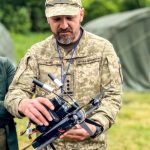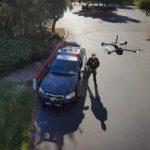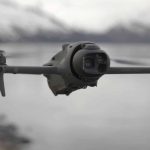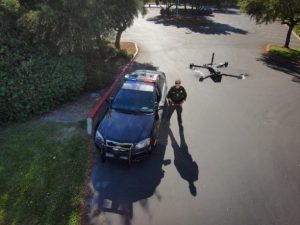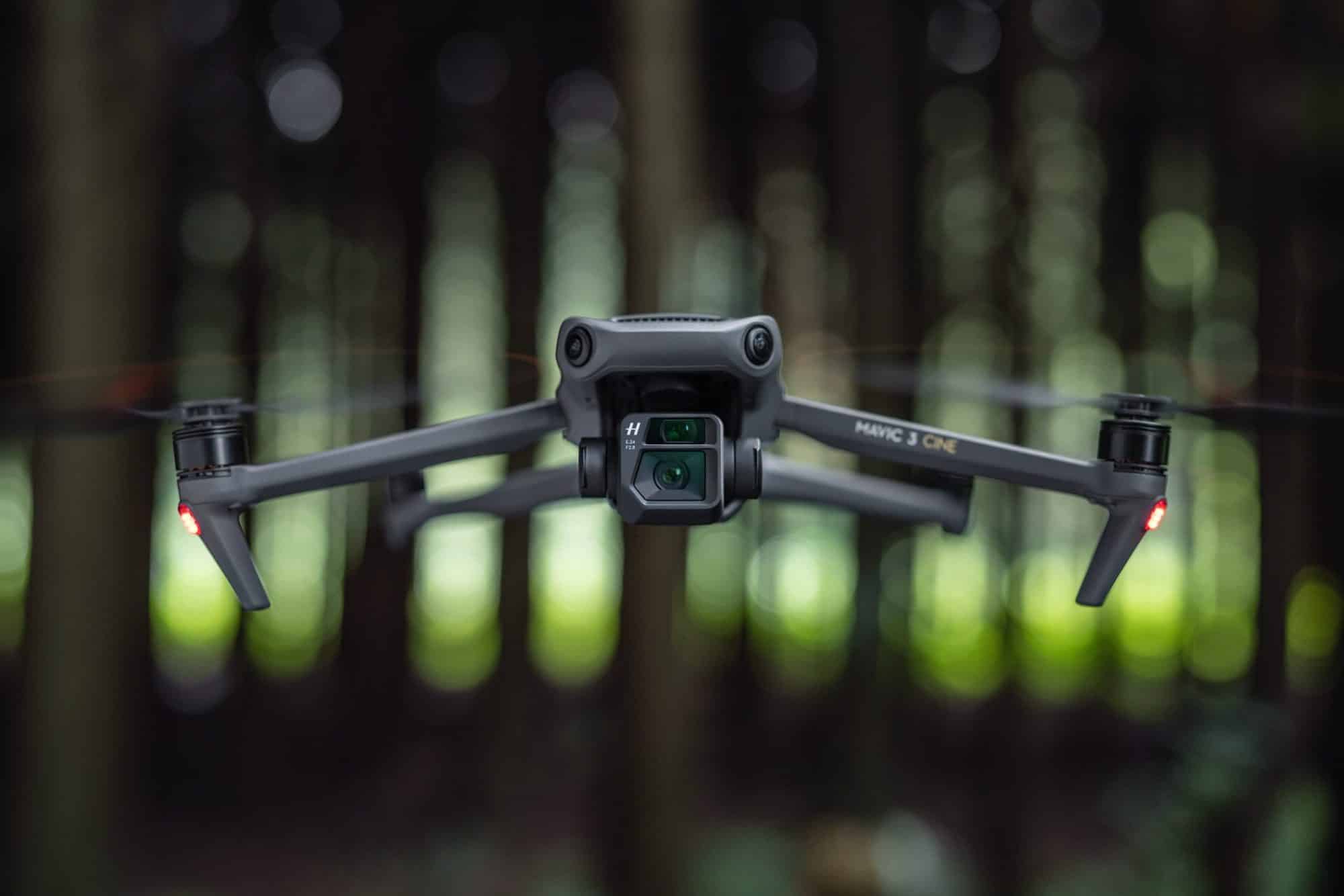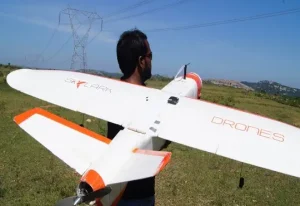Georgia to Implement Ban on Chinese Drones Amid Security Concerns
In a significant legislative move, lawmakers in Georgia are advancing a series of stringent drone regulations aimed at enhancing national security and safety. The proposed bills, which have garnered bipartisan backing, would limit both the operations of drones and the sources from which state agencies can procure them, as reported by The Atlanta Journal Constitution.
House Bill 205, which has cleared the committee with unanimous support, mandates that the Georgia Emergency Management and Homeland Security Agency establish a list of approved drones for state and local government purchases. According to the bill, these drones must adhere to standards set by the Federal Aviation Administration and the U.S. Department of Defense. Agencies will be granted a three-year period to comply with these requirements.
“There is no price tag on national security in our country,” stated State Rep. David Clark, R-Buford, the primary author of the bill, expressing concerns over data security risks posed by leading drone manufacturers like DJI and Autel, which have affiliations with the Chinese government.
Additionally, Senate Bill 64 zeroes in on drones weighing less than 55 pounds that are either manufactured or assembled in China or Russia.
State Sen. Ed Setzler, R-Acworth, chair of the Science and Technology Committee, underlined the importance of this initiative: “As UAVs become integral to our nation’s commerce, we must curtail the influence of adversarial nations like China and Russia in our economy and protect sensitive aerial data regarding our citizens.”
The impact of this legislation could reshape the drone landscape in Georgia significantly. Brody Baer, chair of the Georgia Geospatial Association’s drone committee, noted that American-made alternatives generally command a much higher price than their Chinese counterparts, who currently dominate the commercial drone market.
This legislative action coincides with growing plans for expanding drone delivery services in Atlanta. Recently, Wing, a drone delivery firm collaborating with Walmart, showcased its capability to deliver packages weighing up to 11 pounds to state lawmakers, positioning its service as a superior option compared to traditional delivery methods.
Additional legislative measures include House Bill 58, which aims to prohibit drone flights near large ticketed events, and House Bill 156, which designates the Department of Transportation as the governing body for specialized drone takeoff and landing areas, known as ‘vertiports’.
The push for these regulations follows a wave of concerns about drone activity in New Jersey. However, the White House clarified last month that these operations were authorized by the FAA and were associated with legitimate commercial, research, and recreational uses.
For more details, read the original article at Original Article.
